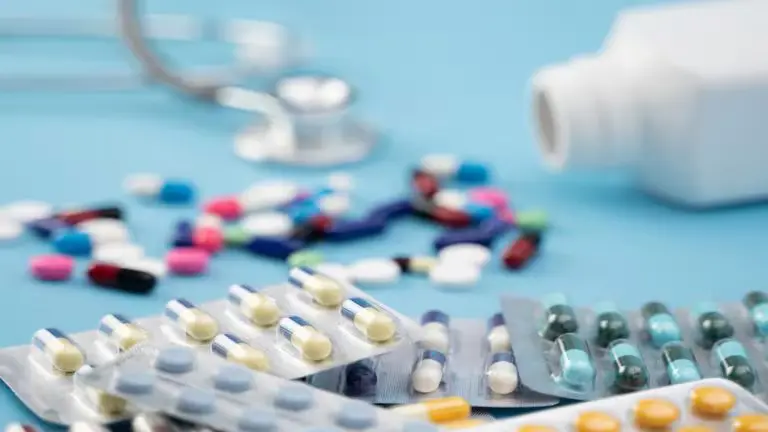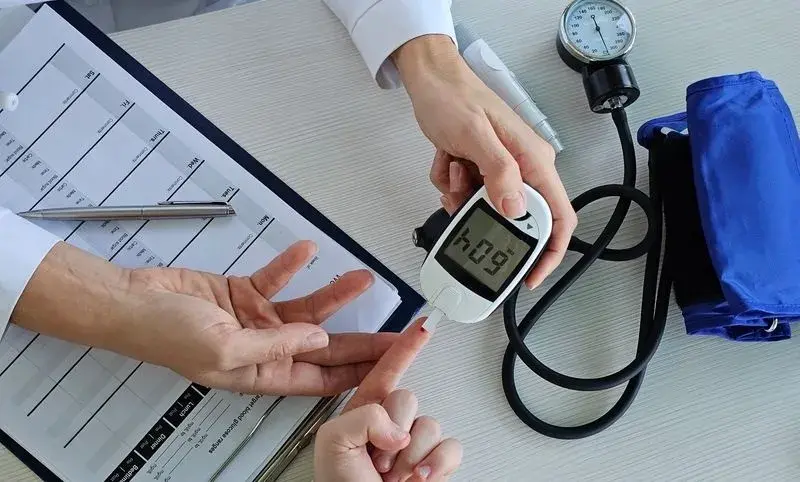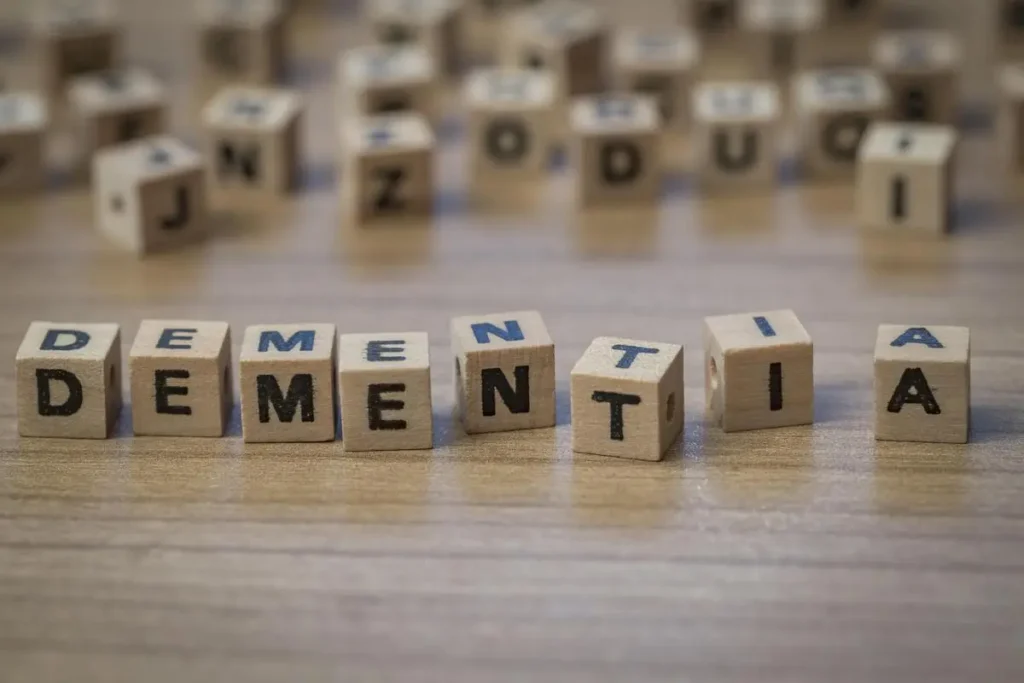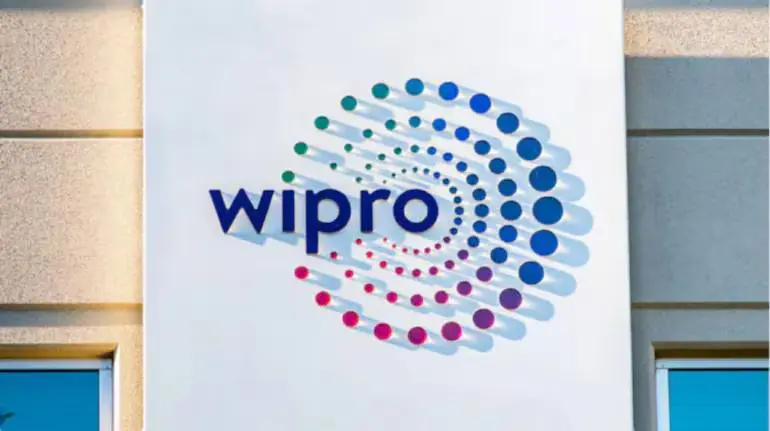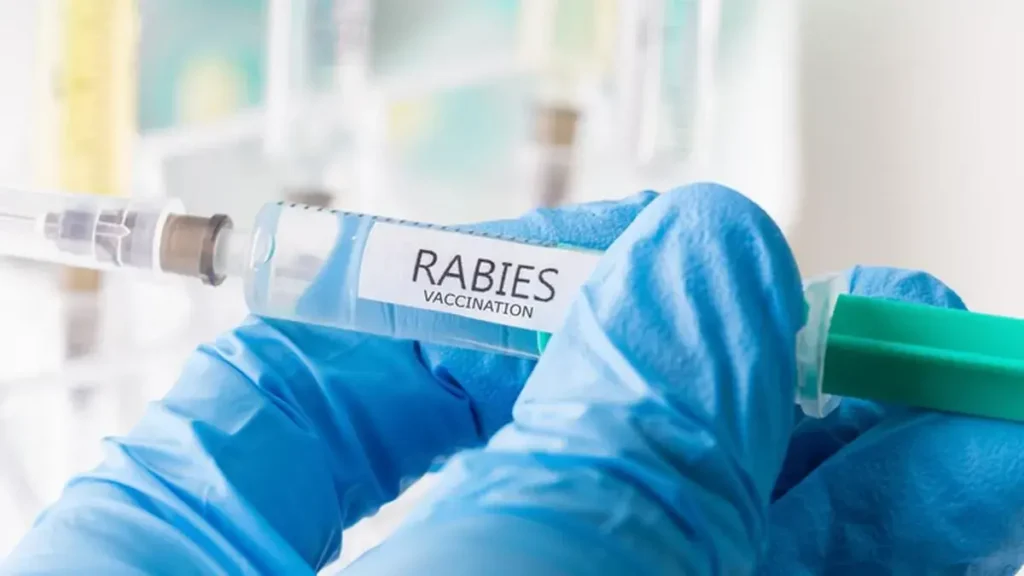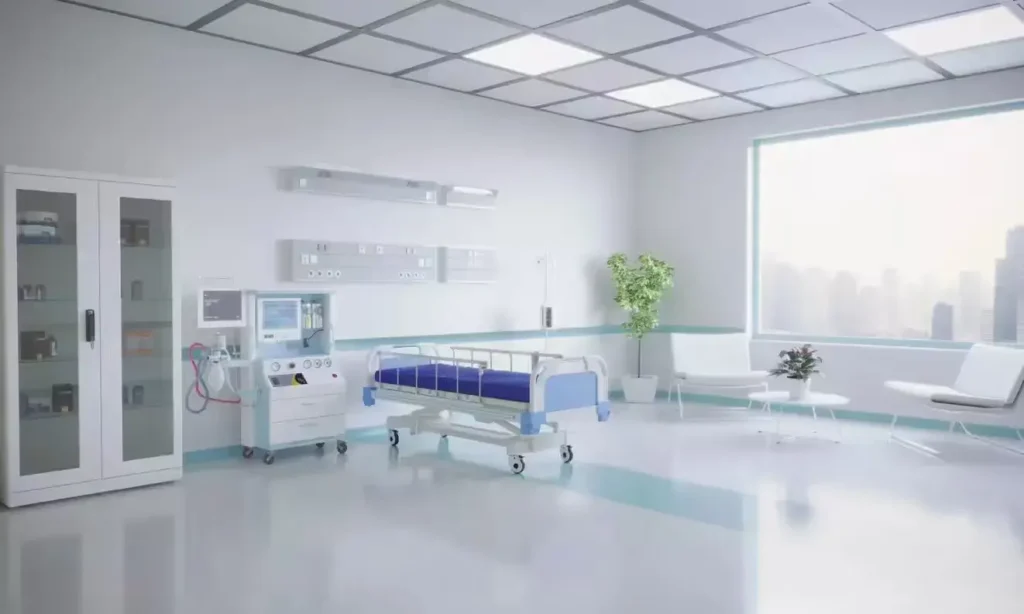Sun Pharma, Cipla, Zydus and Graviti recall multiple medicines in US over quality lapses
Several Indian drugmakers, including Sun Pharmaceutical Industries, Cipla, Zydus Pharmaceuticals and Graviti Pharmaceuticals, have initiated recalls of various products in the US market, largely due to manufacturing and quality-related issues, according to the latest enforcement reports issued by the US Food and Drug Administration (FDA). Sun Pharma has recalled 24,624 bottles of Fluocinolone Acetonide topical solution (60 ml), distributed by its subsidiary Taro Pharmaceuticals Inc., after the product failed to meet specifications for a known impurity. The company has also pulled back batches of Clindamycin Phosphate topical solution (60 ml), an acne treatment manufactured by Taro Pharmaceutical Industries, following out-of-specification results related to total impurities and assay values. Cipla, meanwhile, is recalling over 15,000 pre-filled syringes of Lanreotide Injection (120 mg/0.5 ml), a drug used to treat a rare hormonal disorder, which is marketed by Cipla USA Inc. Earlier this month, the company clarified that the drug is manufactured exclusively by Greek pharmaceutical firm Pharmathen, which supplies it to Cipla’s US arm. Lanreotide is among Cipla’s top three products in the US by sales. Manufacturing of Lanreotide has been temporarily halted as Pharmathen undertakes remediation following a US FDA inspection that resulted in nine observations at its facility in Greece. Cipla said supplies of the drug will remain constrained until production restarts and quality clearance is obtained. In a separate action, Cipla is also recalling 92,376 tubes of Diclofenac Sodium Topical Gel (100 g), manufactured by DPT Laboratories, after the product failed to meet pH specifications. Hyderabad-based Graviti Pharmaceuticals has recalled 4,212 bottles of Furosemide Tablets USP (40 mg, 1,000 tablets per bottle), produced for Rising Pharmaceuticals Inc., due to the presence of a foreign substance. Zydus Pharmaceuticals (USA) is recalling 22,896 bottles of Icosapent Ethyl capsules (1 gram, 120-count bottles) manufactured by Softgel Healthcare. The recall was initiated after oxidation caused by leakage from the capsules was detected. According to the FDA, use of the affected batches could result in inconsistent therapeutic outcomes and a higher risk of gastrointestinal side effects in some patients. Source: The Hindu
Sun Pharma, Cipla, Zydus and Graviti recall multiple medicines in US over quality lapses Read More »

